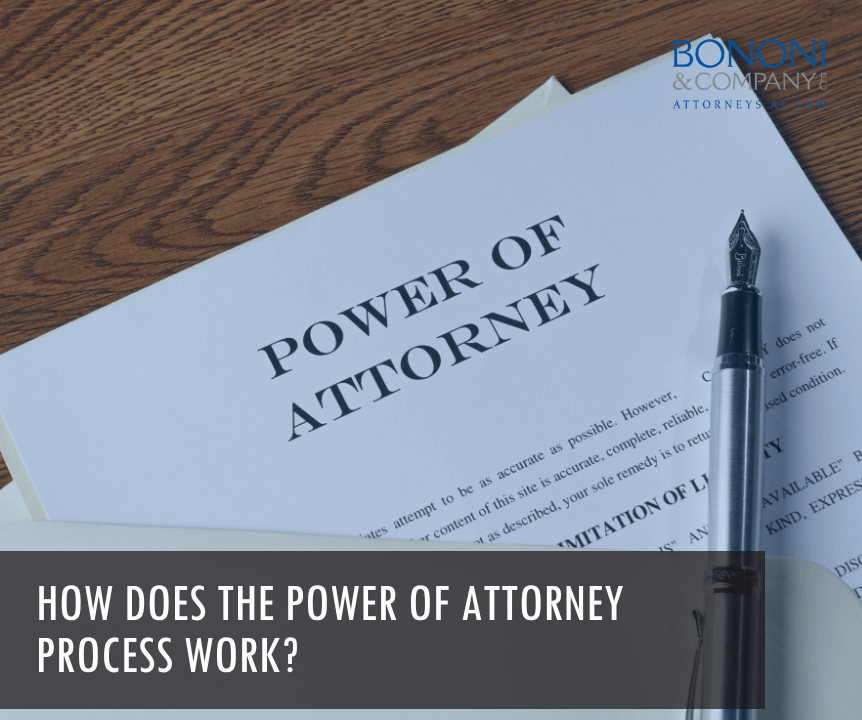
The Power of Attorney document, also referred to as a POA, is a very powerful but important document. POAs have many legal requirements which must be met in order to be valid.
There are several types of POAs that can be executed for limited purposes or for very broad purposes.
For example, Form 2848 when executed can provide your accountant the authority to talk and work with the IRS on your behalf. This document is executed solely for this limited purpose. Other limited POAs are used for certain real estate or vehicle transfers and transactions.
An example of a broader, more in depth POA is a durable financial power of attorney. While each document can vary, generally speaking, a durable financial POA grants your named agent the power to access bank accounts, write checks, transfer and spend money on your behalf, at all times, even without your prior written approval.
Durable POAs, both medical and financial, can be very beneficial, especially when someone suddenly becomes disabled or incapacitated, and their affairs need to be managed by someone other than themselves.
When someone has not appointed a POA, it often leaves their family members having to go to court in order to obtain the powers needed to handle their affairs and ensure they are cared for.
We recommend only appointing POA’s you trust, but by appointing someone you do trust, it allows someone to assist you in a time of need.
If you have any questions about the topic discussed in this article, or any tax or estate law matter, please give us a call at Bononi & Company 724-832-2499.
